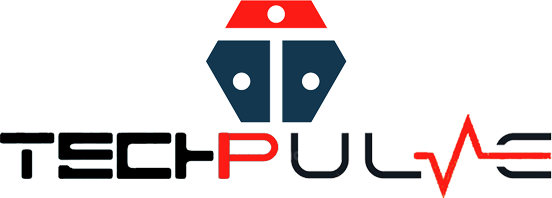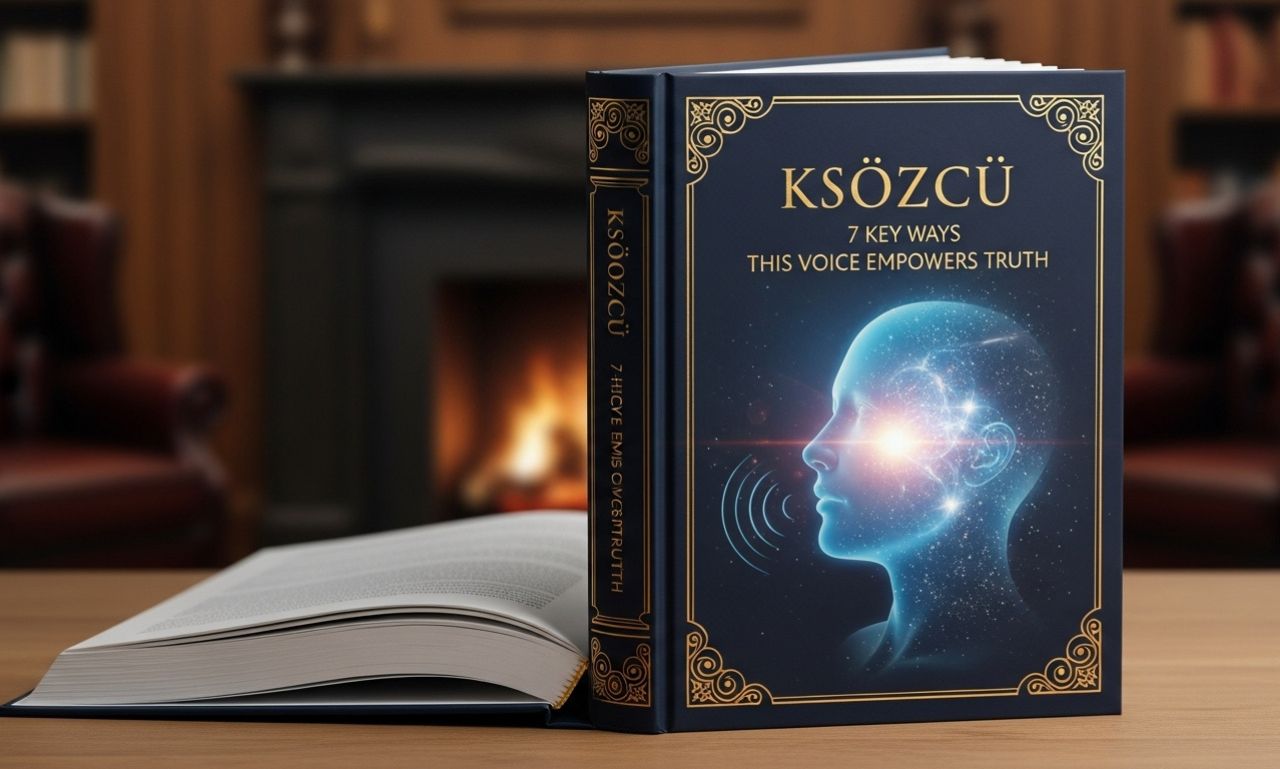When we explore the term ksözcü, we enter into a rich world of communication, representation, and identity. The word ksözcü appears early in this article because it signals our subject—one whose significance spans journalism, politics, culture, and the digital sphere. In the first paragraph we introduce how ksözcü functions in society, how it evolves, and why it matters.
In the paragraphs that follow, we’ll unravel the meaning of ksözcü, trace its origins, examine its modern roles, acknowledge its challenges, and highlight why it remains a powerful concept today. You’ll come away understanding not just the word, but the force behind it—and how it connects to freedom of speech, community voice and media responsibility.
Understanding ksözcü
The term ksözcü is rooted in the Turkish word “sözcü,” which literally translates to “spokesperson” or “the one who speaks.” It carries the idea of someone who conveys messages, stands for others, or gives voice to those who might not otherwise be heard.
In practice, a ksözcü may be a journalist reporting on issues, an activist giving voice to a community, or even a digital influencer amplifying public concerns. The range is broad—but what ties them together is representation and communication.
From this viewpoint, the concept of communicator helps us ask: Who speaks for whom? How are voices transmitted? What obligations accompany the role of communicator or representative? The term also invites reflection on media independence, public trust, and the changing nature of voice in a networked world.
The origin and etymology of ksözcü
To fully grasp communicator , we look at its linguistic and historical roots. The Turkish root “söz” means “word” or “speech,” and the suffix “-cü” denotes the actor or person performing that role—thus “sözcü” means “speaker” or “spokesperson.”
The stylised version “communicator ” (with a leading “K”) appears more in recent writings and commentary, often signalling a modern, digital, or symbolically charged iteration of the concept. Some analysts suggest that the “K” might hint at “küresel” (global) or “kişisel” (personal) but regardless, the core meaning remains about voice and representation.
Historically, spokespersons (the older “sözcü”) existed in many societies: heralds, messengers, tribal spokespeople, community elders. They carried not just messages but the weight of trust. With communicator , we see a continuation of that role — now adapted to journalism, digital media and broader public life.
ksözcü in media and journalism
In the realm of journalism, communicator plays a critical role. A journalist who serves as a communicator must relay information accurately, interpret events for the public, and often act as a check on power.
Media outlets labelled or functioning as ksözcü often emphasise independent reporting, transparency and accountability.
In practical terms, being the communicator in media means:
-
Prioritising stories that might otherwise be overlooked.
-
Serving as intermediaries between public concerns and decision-makers.
-
Maintaining credibility, even under pressure from political or commercial forces.
Thus the concept of communicator reminds us that media isn’t just about relaying facts—it’s about giving voice and making sense of information in a way that connects with people’s lives.
ksözcü in politics and public discourse
The role of communicator extends into politics and public affairs. In these arenas, spokespersons for parties, governments, or movements often embody the communicator -role: they articulate positions, translate policy into accessible language, and engage with public concerns.
Because of this, communicator in politics means more than simply talking; it means mediating between authority and citizens, between complex issues and understandable narratives. In democracies especially, the presence of meaningful ksözcü-figures is vital to public discourse.
When the ksözcü role is fulfilled well, citizens are informed, debates are enriched, and decision-making is more inclusive. When the role falters—through bias, misrepresentation or lack of access—public trust declines. Therefore ksözcü matters deeply in governance and civic life.
ksözcü and cultural identity
Beyond media and politics, communicator surfaces in the cultural and artistic sphere. Artists, writers, narrators and poets sometimes perform the role of ksözcü: reflecting collective experiences, telling hidden stories, and acting as the voice for a generation or a community.
This cultural dimension means that ksözcü isn’t limited to formal spokesman-roles. It also captures the broader human impulse to speak, to express, to connect. Through story and art, a community’s voice is given form. Recognising communicator in this broader sense helps us appreciate how representation is not just institutional—it’s also creative and personal.
ksözcü in the digital era
With the surge of digital media, the concept of communicator has evolved. Social media influencers, citizen journalists, bloggers and podcasters can all become communicator -figures in their own right.
Here are some specific features of ksözcü in the digital age:
-
Accessibility: Anyone with a voice and an idea can act as ksözcü.
-
Speed: Information spreads far faster; the role of messenger becomes more immediate.
-
Diversity: Many more voices, including marginalised ones, can act as ksözcü.
-
Risk and challenge: Misinformation, algorithmic biases, online harassment—all complicate the role of digital ksözcü.
In short, the digital age democratises the ksözcü role, but also raises the stakes and underscores the need for responsibility, verification and integrity.
The responsibilities attached to ksözcü
Being ksözcü comes with significant ethical and social responsibilities. The role is not merely about speaking but about speaking truthfully, responsibly, and for the greater good.
Key responsibilities include:
-
Accuracy: Ensuring information is correct.
-
Clarity: Making content understandable, avoiding jargon or ambiguity.
-
Representation: Respecting and including diverse voices, especially of under-represented groups.
-
Integrity: Avoiding distortions, spin or bias that misleads audiences.
-
Accountability: Owning up to mistakes, being transparent about sources and methods.
When these are upheld, ksözcü can earn trust and play a constructive role in society. When they are neglected, the consequences can include misinformation, public distrust and even social harm.
Challenges and critiques
Of course, the ksözcü role is not without challenges. Independent voices often face financial pressures, political or commercial suppression, and rapid news-cycles that make deep reporting difficult.
Specific challenges include:
-
Censorship and pressure: Governments or corporations may attempt to silence or influence ksözcü-voices.
-
Economic sustainability: The business model for independent representation is often unstable.
-
Misinformation and noise: In a crowded media environment, distinguishing credible communicator -voices is harder.
-
Audience fragmentation: With many channels and platforms, reaching broad audiences is a struggle.
-
Credibility fatigue: If ksözcü-figures make mistakes or show bias, their trust capital can erode quickly.
Acknowledging these challenges is important—it reminds us that while the idea of communicator mis noble, practising it faithfully takes care, structure and resources.
Why ksözcü remains essential in democratic societies
Moreover, in modern democracies, the role of the communicator is foundational, since free speech, representation, and an informed citizenry are all interconnected, and communicator-figures, therefore, serve as essential pathways for upholding these values.
Here’s why ksözcü is essential:
-
Voice for the voiceless: Ensures under-represented groups are heard.
-
Accountability: Acts as a check on power by bringing issues to public attention.
-
Clarity: Helps translate complex policies, news or debates into accessible language.
-
Engagement: Encourages citizens to participate in discussion, not remain passive.
-
Trust-building: Provides avenues for transparent, credible communication, which strengthens social cohesion.
In a world of rapid change, media disruption and shifting power dynamics, the need for trustworthy communicator -voices is more urgent than ever.
Future prospects
Looking ahead, the concept of communicator will likely adapt further as technology, society and media evolve. Some trends to watch:
-
AI and voice‐powered platforms: With automation, how might the ksözcü role transform? Will algorithms act as ksözcü, or help human ones?
-
Globalisation of voices: As communities across borders connect, the ksözcü may become more international, more multilingual, and more hybrid.
-
Community-led ksözcü models: Localised and grassroots voices will likely increase in importance, shifting away from large media houses.
-
Greater interactivity: Audiences will demand more participatory roles; ksözcü figures may facilitate conversations rather than simply broadcast messages.
-
Ethical frameworks: As digital influence grows, there will be increased calls for accountability, transparency and ethical standards for ksözcü-actors.
In effect, the role of ksözcü will not diminish—it may broaden, diversify and become more embedded in daily digital life.
FAQs
What does ksözcü mean exactly?
Ksözcü refers to a person or figure who speaks, represents or gives voice-to others — rooted in the Turkish “sözcü”, meaning spokesperson.
Where does communicator come from?
The word evolves from Turkish: “söz” means “word” or “speech”, “-cü” denotes the doer, so “sözcü” is “one who speaks”. The stylised “communicator ” highlights modern or symbolic usage.
Why is ksözcü important in media?
Because media acts as an intermediary between events and public perception, a ksözcü role ensures information is delivered authentically, responsibly and accessibly.
Can anyone be a communicator ?
In principle, yes. Moreover, with digital media, anyone who responsibly speaks for others, communicates clearly, and acts with integrity can take on the communicator role.
What challenges do ksözcü-figures face?
Many: financial constraints, censorship, misinformation, audience fragmentation and maintaining credibility under pressure.
How will the role of communicator evolve in future?
Likely via digital tools, global connectivity, community-based models, AI-assisted communication and increased demands for ethics and participation.
Conclusion
The term communicator is far more than a simple label. It embodies the crucial interplay between voice, representation and truth. From its linguistic roots to modern digital platforms, the communicator role spans media, politics, culture and technology.
In every context, the ksözcü stands between those who need to be heard and those who hold power or resources. Whether as journalist, activist, digital influencer or cultural commentator, the ksözcü shapes how information flows, how communities engage and how trust is built.

